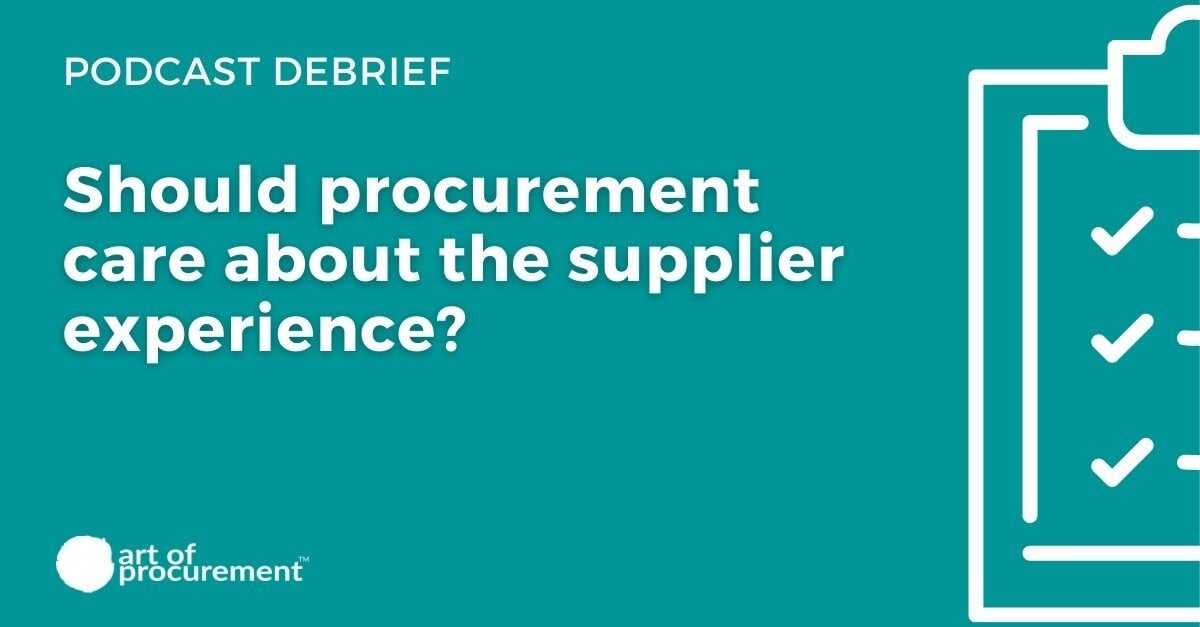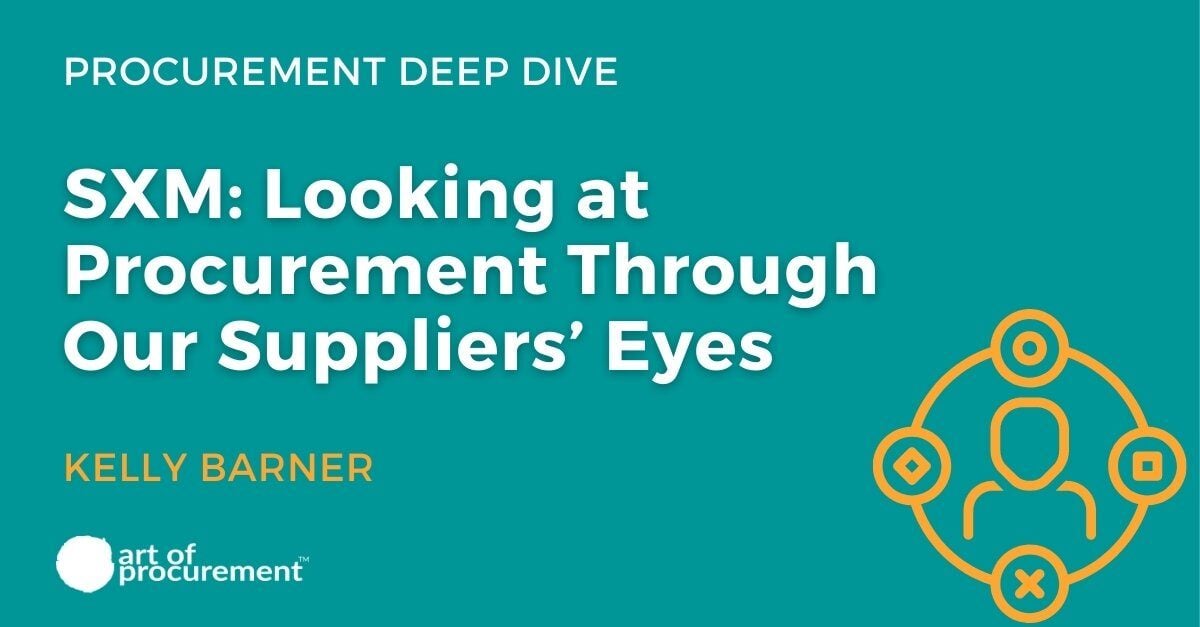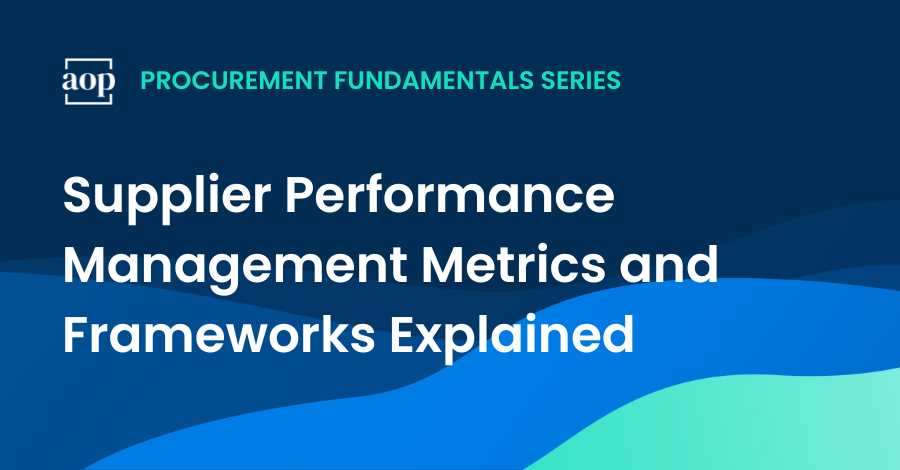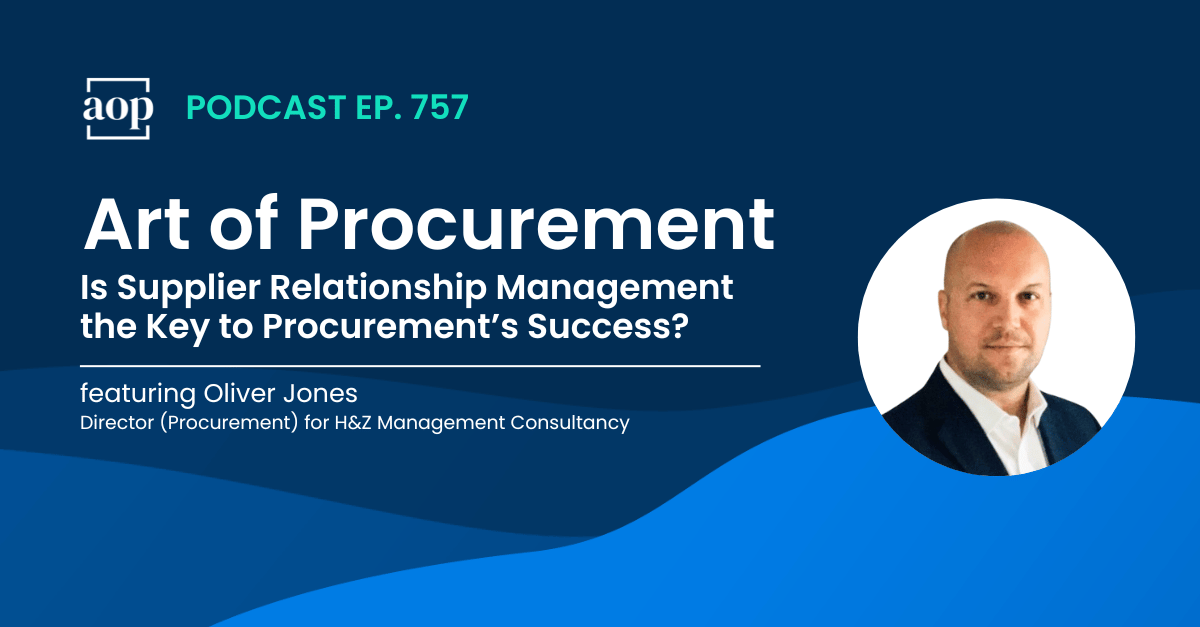2 min read
Should procurement care about the supplier experience?
Kelly Barner : Updated on December 15, 2024

In a recent podcast interview focused on experiential procurement, Philip Ideson asked Tim Jones, former Vice President of Business Operations at Epic Games and former Director of Procurement at Google, a thought-provoking and potentially controversial question:
Should procurement care about the supplier experience?
It is easy to say yes to this question, but it is very hard to turn that affirmation into action.
Tim had an interesting way of separating ‘table stakes’ experiential elements from more elevated ones…
“Paying suppliers on time and giving them easy transparency to their invoice data, I think that’s table stakes. What we really need to focus on is the supplier selection process and the supplier management process.”
Being honest, paying suppliers on time and giving them visibility into invoices may be table stakes, but I’m not sure what grade most suppliers would give procurement on those. Especially the payment piece – which has been even more critical over the last two years as suppliers of all kinds and sizes have faced liquidity challenges.
Tim went on to challenge the mindset that procurement may have during the supplier selection process. He calls it ‘buyer arrogance.’ If we’re not careful, we may end up taking the old maxim, ‘the customer is always right’ and distorting it to the point where working towards becoming a ‘customer of choice’ is no longer possible.
As we design and execute the RFP process, procurement should be thinking about:
- Timeline – How long do we give suppliers to complete tasks and when are those deliverables due? Allowing sufficient notice for them to prepare and avoiding major holidays should be obvious, but when procurement gets squeezed for time, consideration of suppliers’ availability probably goes right out the window.
- Information – Are we asking them to submit information that we already have? When suppliers know we already have the information we are asking them for, either because they are incumbent suppliers or because they have submitted proposals before, you can hardly blame them for being frustrated. Why not just send back their information from procurement’s system of record and allow them to update it?
- Feedback – Winning a contract through an RFP is great, but not all suppliers can win. If procurement wants to increase their likelihood of bidding again in the future – either for the same contract or in another category of spend – we have to make sure there is something in it for suppliers. What was good about their proposal, what lacked value or clarity? Taking the time to provide that information when the natural tendency is to move on to contracting winners and managing implementation is a clear differentiator of a good supplier experience.
Should procurement care about the supplier experience? Absolutely we should. The really controversial question is what we are willing to do to improve it.




